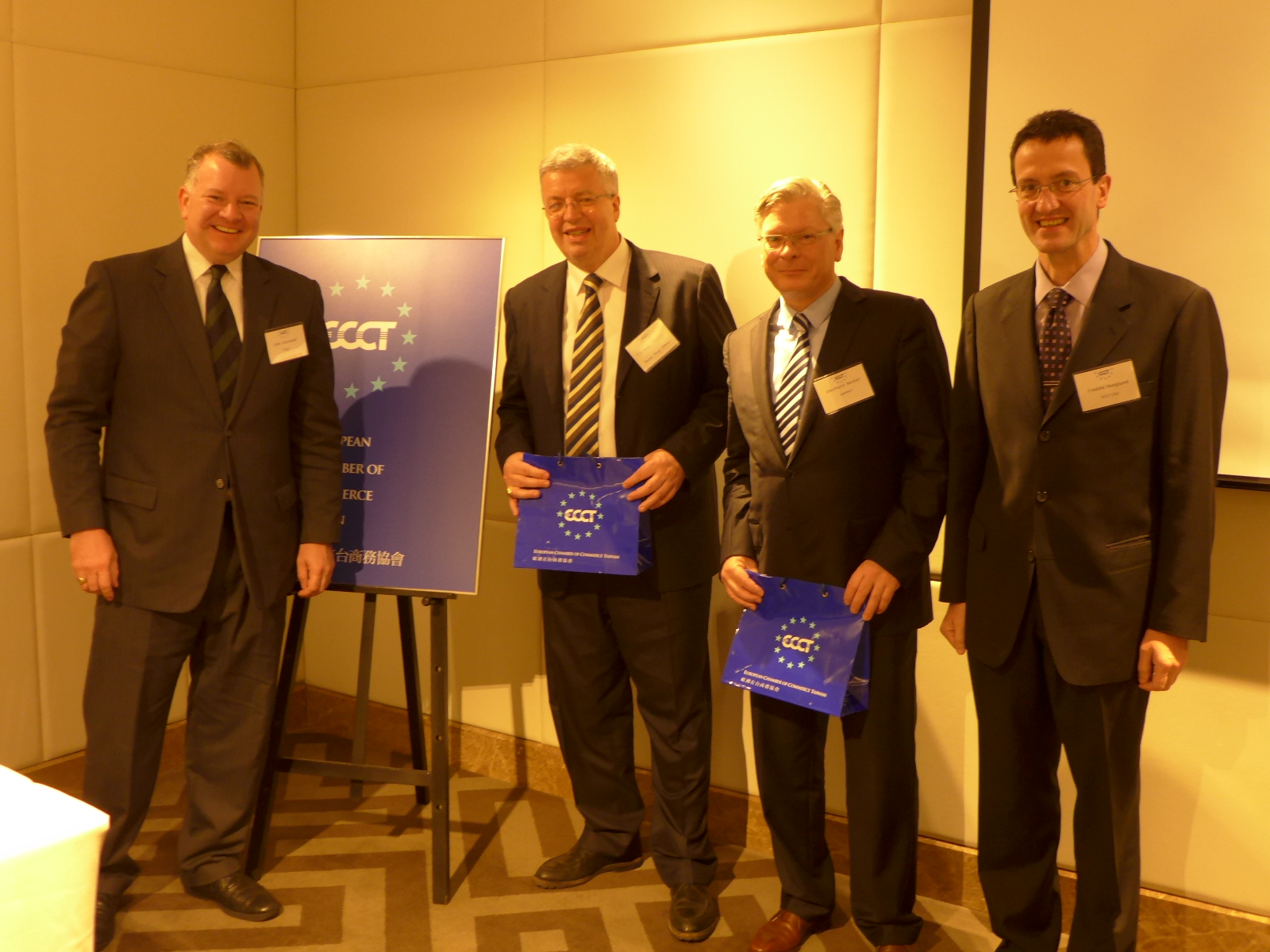Introduction to the European Unitary Patent system

The motivation behind introducing the system is to reduce the complexity and costs of filing, maintaining, monitoring and enforcing patents in Europe. One of the biggest complexities is related to language. The system will substantially reduce translation fees for filing patents while renewal fees will also be reduced. The system will be open to all EU member states who are also signatories of the European Patent Convention Treaty but only 25 of these have indicated that they will join the UP and UPC system. Italy and Spain, for example, have said they will not join.
Under the current system, patent applications have to be translated and filed in every country. Under the new UP system, only one patent application will need to be filed for unitary effect in all participating countries. The only exceptions will be patents with different claims in different member states and patents applied for before 2007. Costs will be low but coverage will be wide. For proprietors desiring protection in the EU market, savings at grant will be significant. Moreover, there will only be a single patent to enforce and defend. Renewals will be paid to the European Patent Office (EPO) after the grant and there will be a Unified Patent Court for legal proceedings related to the patent.
Examination is expected to take about a month, after which details will be published and third parties will be given a nine-month window to file objections. Once approved, the patent will apply in all UP signatory countries, although licencing may have to be done country by country.
There are three different scenarios after the grant of a European patent: 1) Applying for a Unitary Patent; 2) Choosing the conventional validation without the option of "opting out" on the exclusive competence of the court and 3) choosing the conventional validation with the possibility to opt out. Becker recommended taking the opt-out option because if a ruling goes against you in one country this provides the option to pursue the case in another country. Given varying legal and judicial systems in Europe, which could result in different interpretations and rulings on the same set of facts, it is a good idea to have the option of redress in a country with a more favourable interpretation. Failure to do this and risk having a patent invalidated is something not to be taken lightly.
The UP system will be an addition to and not a replacement of national patent systems. In the future there will be two patent options: A classic European patent with individual territorial protection in designated states and a Unitary Patent with unitary territorial protection in all the states participating in the Enhanced Co-operation Scheme. There will be a seven-year transition period for the UP system.
The UPC will have central divisions in London, Paris and Munich, a court of appeals in Luxembourg and a training centre for judges in Budapest. The system is currently in the development phase. While 25 countries have agreed to proceed, the formal agreement has so far only been ratified by three of them. At least 13 countries will need to ratify the agreement before it can be implemented. It is assumed it will be up and running by 2015 or 2016. Among the items under discussion are patent filing and renewal fees. The training centre in Budapest is already in operation.
The United States is currently the most expensive country to file and maintain patents while enforcement costs are considerable. In contrast, costs are much lower in Germany while court proceedings are also much more efficient. Germany handles about 1,500 patent cases a year, it can cost less than €50,000 to start a case and cases are concluded in an average of eight months. This is compared to at least US$2 million and sometimes years of legal proceedings in the US.
